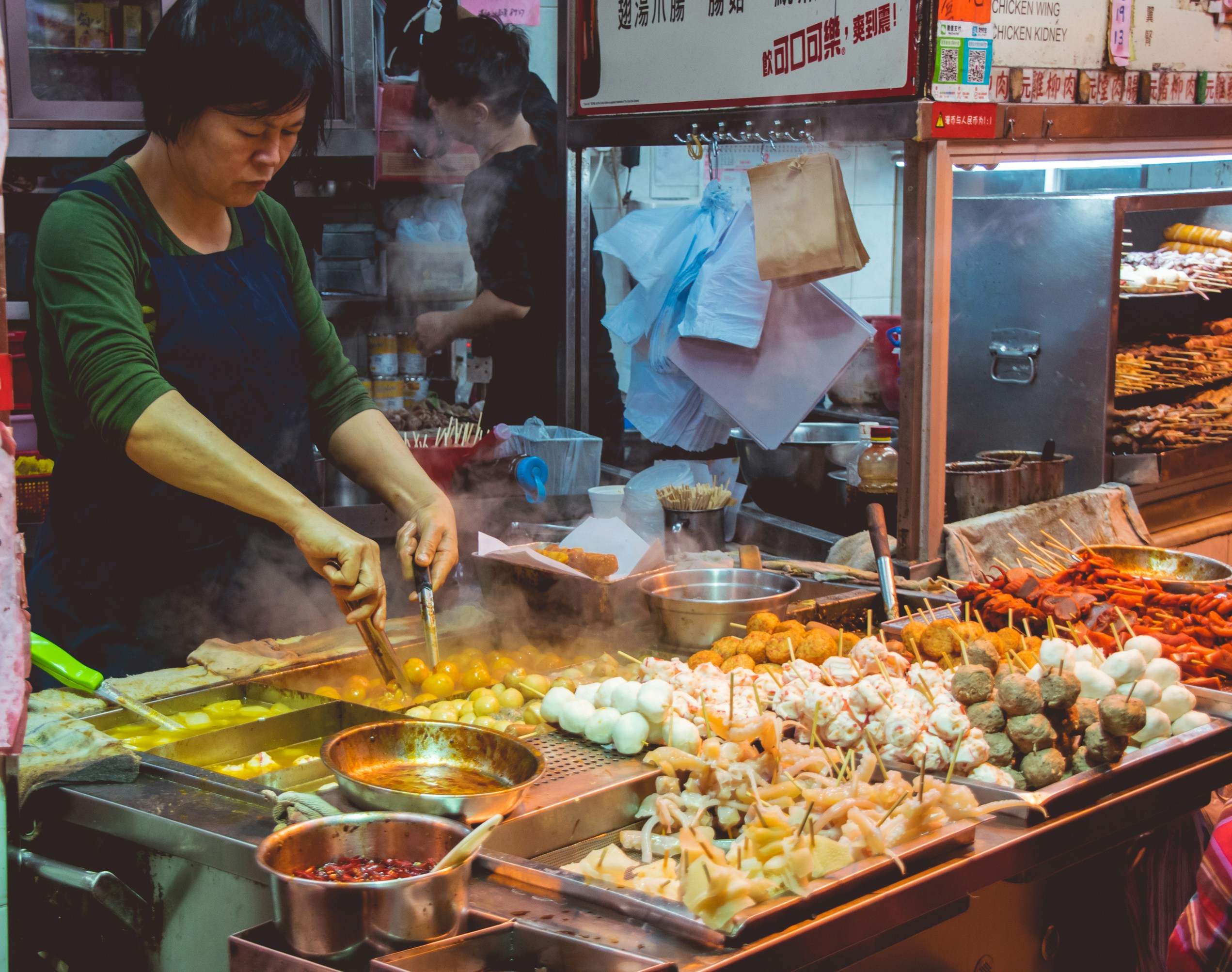Exploring the World of Edible Insect Tourism
Embark on a culinary adventure like no other as we delve into the fascinating realm of edible insect tourism. This emerging trend combines cultural immersion, sustainable gastronomy, and daring experiences, offering travelers a unique way to explore global cuisines and challenge their palates. From bustling night markets in Southeast Asia to high-end restaurants in Europe, insect-based delicacies are creating buzz in the travel industry and redefining the concept of exotic dining.

Cultural Significance and Traditional Practices
Across the globe, insects have long been valued as a nutritious food source and hold cultural significance in many societies. In Mexico, for example, chapulines (grasshoppers) have been a staple of Oaxacan cuisine for centuries. These crunchy, protein-rich insects are often seasoned with lime and chili, offering a tangy and spicy snack. In Thailand, fried bamboo worms and water bugs are popular street food items, while in parts of Africa, termites and mopane worms are considered delicacies. By engaging in edible insect tourism, travelers gain insight into these long-standing culinary traditions and their role in local cultures.
Global Hotspots for Insect Gastronomy
While edible insects can be found in various corners of the world, certain destinations have become renowned for their insect-based cuisine. Bangkok’s Khao San Road is famous for its array of fried insects, including crickets, scorpions, and silkworms. In Oaxaca, Mexico, the Central de Abastos market offers a wide selection of edible insects, from agave worms to stink bugs. Copenhagen’s Noma, once voted the world’s best restaurant, has garnered attention for incorporating insects into haute cuisine. These hotspots not only offer unique culinary experiences but also serve as gateways to understanding local food cultures and sustainability practices.
Sustainable Tourism and Environmental Impact
One of the driving forces behind the growth of edible insect tourism is its potential for sustainability. Insects require significantly fewer resources to produce than traditional livestock, making them an environmentally friendly protein source. Many eco-conscious travelers are drawn to insect-based experiences as a way to explore sustainable food options and reduce their carbon footprint while traveling. This trend has led to the development of insect farms and educational tours that showcase the environmental benefits of entomophagy, further enriching the travel experience.
Challenges and Considerations for Travelers
While edible insect tourism offers exciting opportunities, it also presents unique challenges for travelers. Cultural sensitivity is paramount, as insects may be viewed differently across societies. Some cultures consider certain insects sacred or taboo, and it’s essential for travelers to respect these beliefs. Additionally, food safety is a crucial consideration. Travelers should ensure that insects are sourced from reputable vendors and prepared hygienically to avoid potential health risks. Lastly, personal comfort levels vary, and it’s important for travelers to approach insect-based experiences with an open mind while respecting their own boundaries.
Crunchy Travel Tips: Navigating the World of Edible Insects
• Research local insect specialties before your trip to know what to expect
• Start with familiar flavors, like chocolate-covered ants, to ease into the experience
• Consider guided food tours that incorporate insect tastings for a curated experience
• Be aware of potential allergies, especially if you’re allergic to shellfish
• Bring an open mind and a sense of adventure – trying new foods is part of the journey
• Document your experiences to share with others and promote cultural understanding
• Support sustainable insect farming practices by choosing eco-friendly tour operators
As the world of travel continues to evolve, edible insect tourism stands out as a unique intersection of culinary adventure, cultural exploration, and sustainable practices. By embracing this trend, travelers can gain new perspectives on global cuisines, contribute to eco-friendly food systems, and create unforgettable memories. Whether you’re crunching on crickets in Thailand or savoring silkworm soup in China, edible insect tourism offers a taste of the extraordinary and a glimpse into the future of sustainable gastronomy. So, pack your appetite for adventure and prepare to discover the fascinating world of edible insects on your next journey.





